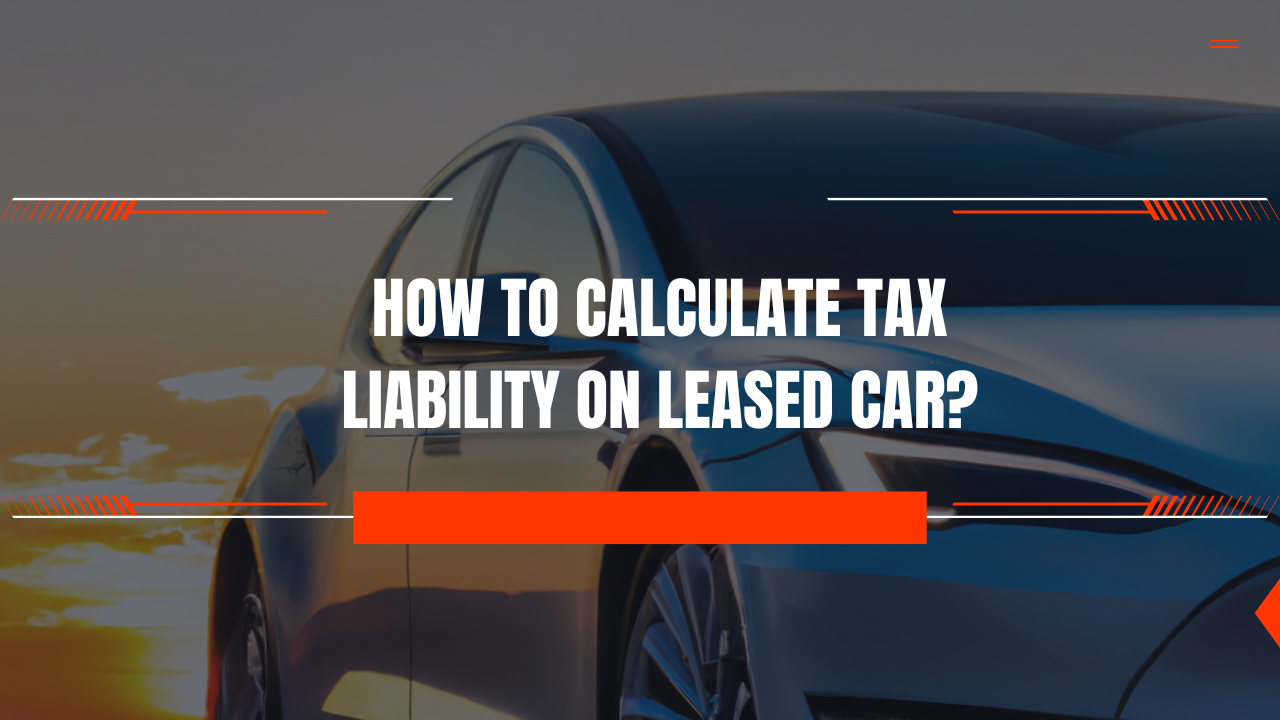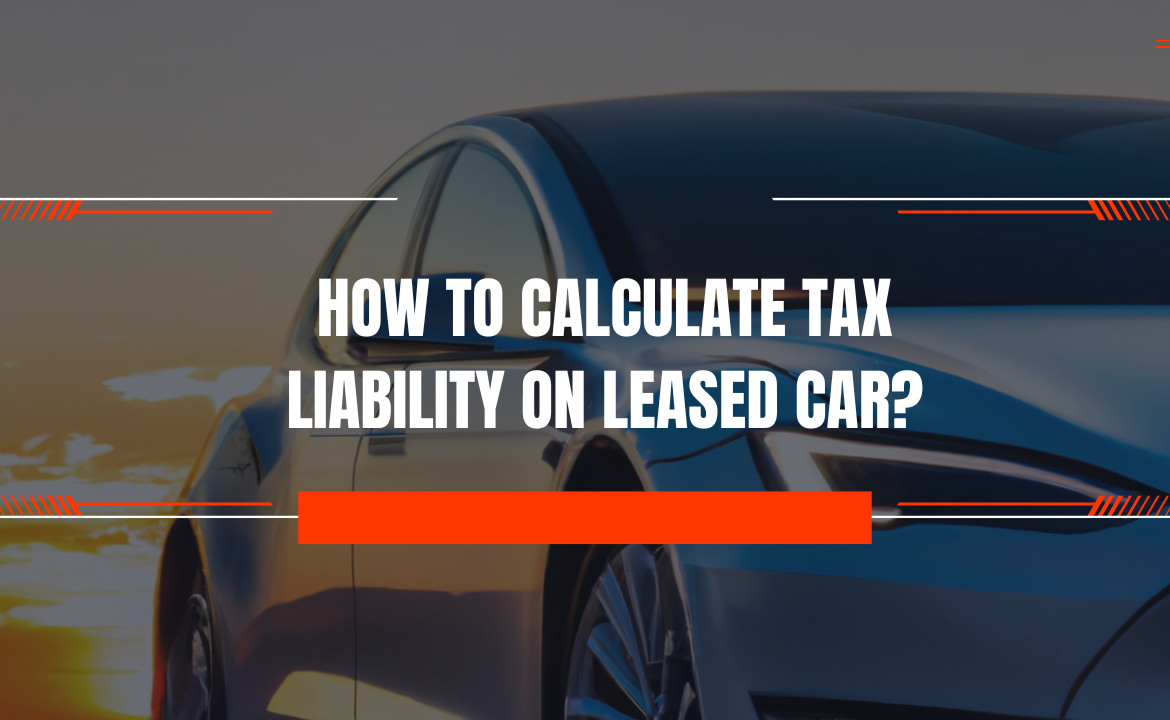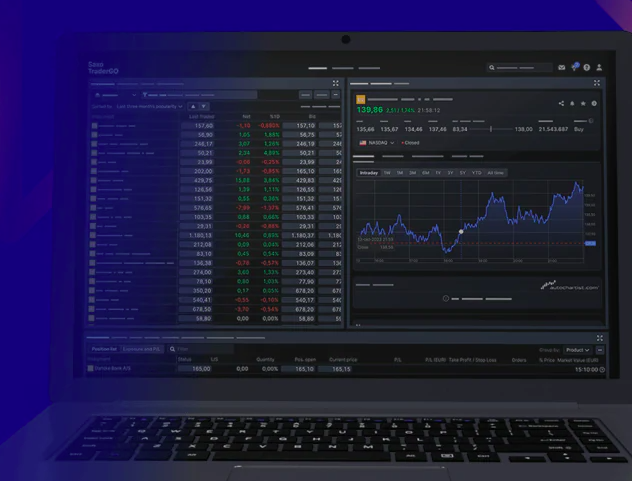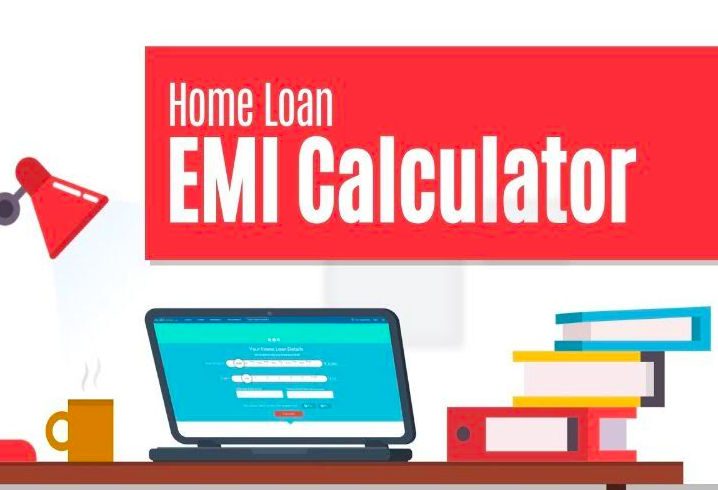When leasing a car, understanding the tax implications is important for both individuals and businesses. The tax liability on a leased vehicle can vary based on factors such as the nature of the lease, the state or country of residence, and the purpose for which the vehicle is used. This liability generally includes sales tax on monthly lease payments, potential tax deductions for business use, and considerations for luxury vehicles or vehicles used for personal purposes. Properly calculating and managing these tax obligations is essential to ensure compliance with tax laws and to optimize financial outcomes during the lease period.

Introduction to Tax Liability
Understanding the Components of a Car Lease
A car lease is a financial arrangement that allows individuals or businesses to use a vehicle for a set period, usually in exchange for monthly payments. To make an informed decision when leasing, it’s essential to understand its key components. These include the capitalized cost, which represents the vehicle’s price, and the residual value, which estimates the car’s worth at the lease’s end. The money factor, essentially the lease’s interest rate, is also crucial. The lease term specifies the duration of the lease, while the mileage allowance limits how many miles can be driven annually without extra charges. Lessees should also be aware of fees such as acquisition and disposition fees, along with potential penalties for excessive wear and tear. By grasping these elements, lessees can more accurately assess the overall cost and suitability of the car lease, ensuring it meets their financial and usage needs effectively.
Sales Tax on Lease Payments
- Monthly Tax Payments: Unlike purchasing a car where the sales tax is typically paid upfront on the full purchase price, leasing requires sales tax to be paid on each monthly payment.
- State and Local Variations: The amount of sales tax applied varies depending on state or local tax regulations. Some regions tax the entire lease amount upfront, while others tax the monthly payments.
- Down Payments and Capitalized Cost Reduction: If a down payment or capitalized cost reduction is made, it might also be subject to sales tax, adding to the overall cost.
- Estimating Total Costs: Understanding how sales tax is applied helps lessees estimate the total cost of leasing a vehicle more accurately, avoiding unexpected expenses.
- Budget Management: Properly accounting for sales tax in the lease agreement ensures lessees are fully aware of their financial obligations throughout the lease term, making it easier to manage their budget effectively.
Tax Liability Based on Lease Type
Closed-End Lease: In a closed-end lease, often called a “walk-away” lease, the tax liability is relatively straightforward. Sales tax is applied to the monthly lease payments, and possibly to any down payment or capitalized cost reduction, depending on the state. At the lease’s end, the lessee can return the vehicle without facing additional tax liability, provided they meet the mileage and wear-and-tear conditions set in the lease agreement.
Open-End Lease: Open-end leases, typically used for commercial purposes, involve a different tax structure. At the end of the lease term, the lessee might incur additional tax liability based on the vehicle’s residual value. If the actual value of the vehicle is less than the estimated residual value, the lessee may need to cover the difference, which could include extra taxes. While offering greater flexibility, open-end leases carry a higher potential for additional tax costs.
Calculating Tax Liability for Personal vs. Business
| Aspect | Personal Use | Business Use |
|---|---|---|
| Sales Tax on Payments | Typically applied to each monthly payment. | Typically applied to each monthly payment. |
| Down Payment Tax | May be subject to sales tax depending on the state. | May be subject to sales tax depending on the state. |
| Tax Deductibility | Generally not deductible. | Lease payments may be deductible as a business expense. |
| Mileage Allowance | Limited mileage allowance may incur extra charges. | Higher mileage allowances often allowed; extra charges may apply for exceeding limits. |
| Residual Value Tax | No additional tax at lease end if vehicle is returned in good condition. | Potential additional tax liability if the vehicle’s residual value is higher than its actual value at lease end. |
| Depreciation | Not applicable. | Depreciation might affect the overall tax benefits for business use. |
Tax Filing and Reporting Requirements
1. Personal Use:
- Report total lease payments as personal expenses on tax returns.
- Generally, no specific tax reporting requirements unless unusual circumstances, such as down payment tax, arise.
2. Business Use:
- Lease payments are reported as business expenses.
- Detailed records are necessary for tax deductions and to account for additional taxes or liabilities related to the vehicle’s residual value at lease end.
- Depreciation may impact tax benefits and should be documented according to IRS guidelines.
3. Documentation:
- Accurate record-keeping is crucial for both personal and business leases.
- Maintain invoices, lease agreements, and documentation of any additional taxes or fees.
4. Consultation:
-
- It is advisable to consult a tax professional to navigate specific requirements and ensure compliance with tax laws.
Conclusion
Calculating tax liability on a leased car involves several key components. For both personal and business leases, sales tax is applied to monthly payments and possibly to down payments, depending on local regulations. Business leases may offer tax deductibility but come with additional considerations like potential residual value taxes and depreciation. Accurate record-keeping of lease payments, invoices, and any applicable taxes is essential. Understanding these factors helps estimate the total cost and manage financial obligations effectively. Consulting a tax professional can provide tailored advice to ensure compliance and optimize tax outcomes.
Frequently Asked Questions (FAQs)

Hello, I am Tanisha Kriplani, graduated in computer science from Delhi University. I am passionate about web content writing and have a strong interest in Data Analytics and Data Engineering.












